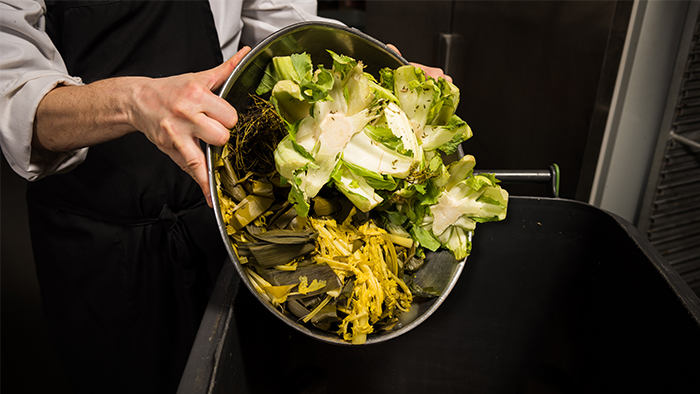New Jersey looks to join other states in reducing food waste
- By [ Kaela Martins ]
- 03/05/2020

Governor Phil Murphy vetoed a similar bill in June 2019, which allowed for incineration and landfilling to be considered part of the recycling program. Those exemptions were removed in the current bill which now goes for the Governor’s signature.
Organics recycling regulations are currently in place in other states such as California and Vermont. See more information on these and related regulations in the Retail Compliance Center's Mandatory Organics Recycling Regulations fact sheet.
Tags
-
Retail Sustainability
-
Solid Waste



